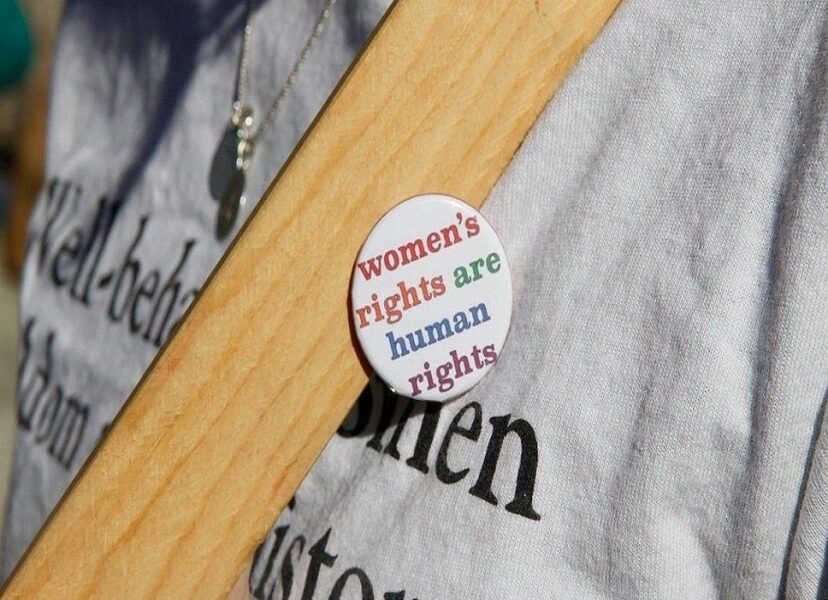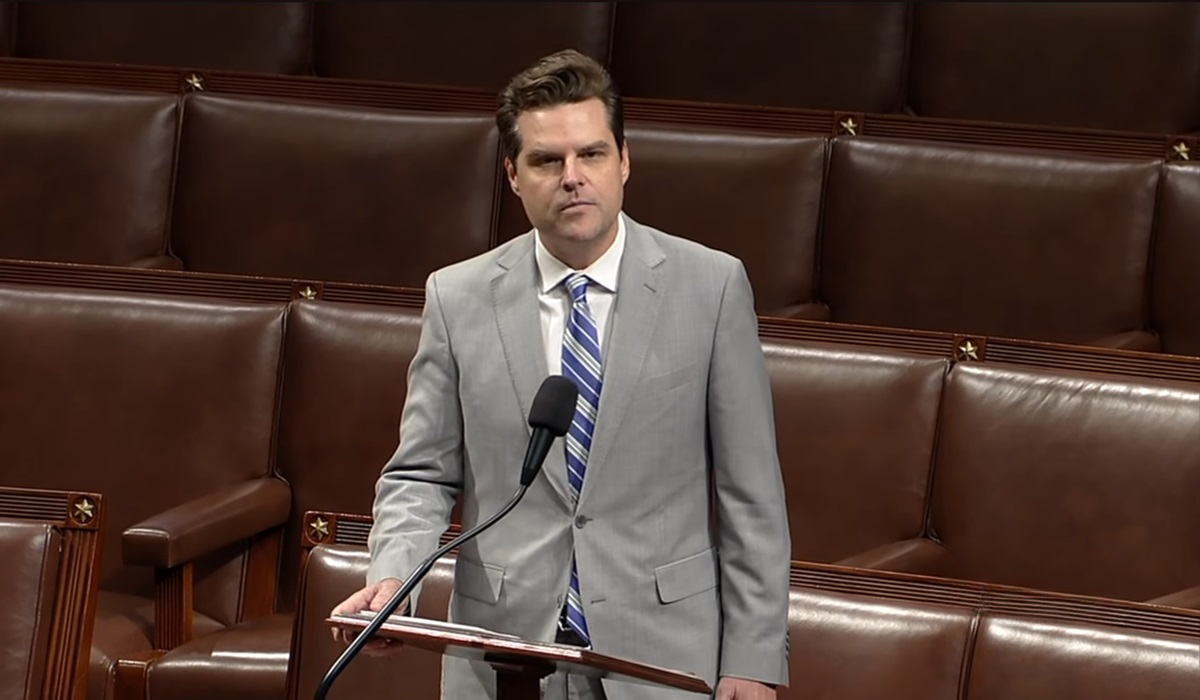Roe v. Wade Turns 50, But Women’s Rights Are Still Under Attack
- Naomi Dela Cruz
- Breaking News
- Women's Rights
- January 23, 2023

The 50th anniversary of Roe v. Wade, the landmark Supreme Court case that established a woman’s right to an abortion, has been a contentious topic in recent years. The recent Supreme Court ruling striking down Roe v. Wade has sparked a renewed debate about the issue, with many states passing laws that codify a woman’s right to abortion into their state constitutions.
Roe v. Wade was a historic decision that the Supreme Court handed down in 1973. The case was brought by a woman named Jane Roe, who was seeking to have an abortion but was unable to do so due to restrictive state laws. The Supreme Court ultimately ruled in her favour, finding that a woman’s right to privacy under the 14th Amendment of the U.S. Constitution included the right to make decisions about her own body, including the right to have an abortion.
The recent Supreme Court ruling striking down Roe v. Wade has been a major blow to the pro-choice movement. The ruling effectively overturns the landmark decision, leaving it up to individual states to decide whether or not to allow abortions. This has led to a patchwork of laws across the country, with some states allowing abortions while others have enacted restrictive laws that make it difficult or impossible for women to access the procedure, with no exception for rape or incest.
These state laws are designed to protect a woman’s right to make decisions about her own body, even after a Republican conservative majority on the bench ultimately overturned Roe v. Wade. These laws further ensured abortion rights were woven into its constitution, giving women abortion-related resources.
The debate over abortion is a deeply divisive issue, with strong opinions on both sides. Those who are pro-choice argue that a woman’s right to make decisions about her own body is fundamental and that restrictive laws that make it difficult or impossible for women to access abortions violate that right. On the other hand, those who are pro-life argue that abortion is morally wrong and that the government has a duty to protect the lives of the unborn.
One of the main arguments of the pro-life movement is that human life begins at conception and that abortion is, therefore, murder. They argue that the government has a duty to protect human life and that restrictive laws that make it difficult or impossible for women to access abortions are necessary to fulfill that duty.
Pro-choice advocates, on the other hand, argue that the decision to have an abortion is a personal one that should be left up to the woman herself. They argue that restrictive laws that make it difficult or impossible for women to access abortions violate a woman’s right to privacy and that the government has no business interfering in such a personal decision.
The marking of the 50th anniversary of Roe v. Wade has reignited the debate over abortion. While laws the in the U.S. are or were mainly constructed by men about what a woman can do with their body are Ludacris, archaic and absurd, it is important that future laws be written that give women the right and full autonomy to make the best decisions about their body.








